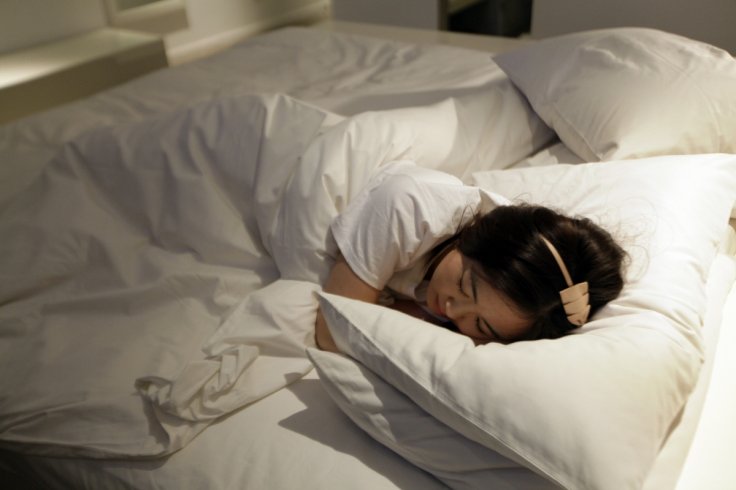Poor quality of sleep and related disorders such as insomnia are known to have adverse effects on the body. A new study suggests that the effects may be more serious than we know, especially for women. According to the research, poor sleep raises the risk of heart disease and obesity in women.
The study by researchers from the Columbia University Irving Medical Center found that women who suffer from poor sleep, end up not only overeating but also consuming a diet of lower quality. This, in turn, could increase their risks of developing obesity and resulting in cardiovascular diseases.
"Women are particularly prone to sleep disturbances across the life span because they often shoulder the responsibilities of caring for children and family and, later, because of menopausal hormones," said Brooke Aggarwal, senior author of the study.

Examining sleep and eating habits
Consisting of 495 women from ethnically diverse backgrounds between the ages of 20 to 76, the study examined the eating and sleep habits of the participants. The factors that were analysed included the quality of sleep, the time it took for the participants to fall asleep and insomnia. Based on the information provided by the women about the kinds and amounts of foods they consumed throughout the year, their typical dietary patterns were evaluated.
Lesser the sleep more the intake of low-quality calories
Earlier studies have been able to demonstrate that people who slept less, tend to develop type 2 diabetes, obesity, and heart disease—and diet could be a partial explanation for that. Akin to the findings of older studies on sleep and diet, the study found that women with the worst overall sleep quality were the ones who consumed an excess of added sugars that are linked to diabetes and obesity.

It was also found that among women who required a longer time to fall asleep, their calorie intake was higher and they consumed more food by weight. Insomnia seemed to wreak more havoc on the bodies of women as those suffering from severe symptoms were found to consume more food by weight and lesser unsaturated fats when compared to women with milder symptoms.
"Our interpretation is that women with poor-quality sleep could be overeating during subsequent meals and making more unhealthy food choices," said Aggarwal.
The million-dollar question: How does poor sleep lead to poor eating?
Faris Zuraikat, the lead author of the study, explains that poor quality of sleep may lead to excessive consumption of food and calories by suppressing signals of fullness or triggering hunger signals. "Fullness is largely affected by the weight or volume of food consumed, and it could be that women with insomnia consume a greater amount of food in an effort to feel full," suggested Zuraikat.
Conversely, poor eating may have a negative effect on the quality of women's sleep, Zuraikat propounded. "Eating more could also cause gastrointestinal discomfort, for instance, making it harder to fall asleep or remain asleep," he added.

Better sleep therapies in the future?
The study was specifically designed to gather a thorough understanding by studying the links between various facets of sleep quality and overall quality of diet in women. Therefore, the findings of the study can help in learning whether sleep therapies can help promote cardiac health in women.
"Given that poor diet and overeating may lead to obesity—a well-established risk factor for heart disease—future studies should test whether therapies that improve sleep quality can promote cardiometabolic health in women," concluded Aggarwal.








